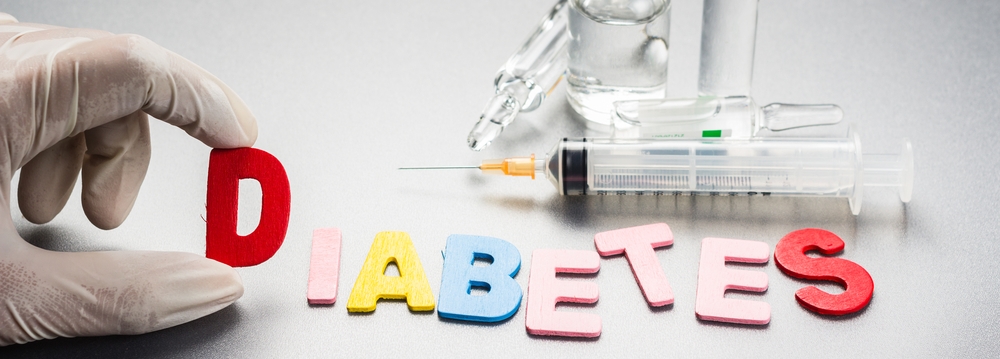Ligand Pharmaceuticals Inc. recently presented encouraging results from a study to evaluate LGD-6972, a novel glucagon receptor antagonist, as a treatment for type 2 diabetes mellitus at the 75th Scientific Sessions of the American Diabetes Association in Boston. The company announced that the phase 1b study revealed favorable safety, tolerability and pharmacokinetics in both healthy participants and diabetics, as well as a robust dose-dependent decrease in fasting plasma glucose.
Ligand is developing LGD-6972 based on its promising glucagon receptor antagonist proprieties, which are among the most effective therapies for type 2 diabetes. The company announced that 5, 10 and 15 mg doses of LGD-6972 were safe and well-tolerated by the patients in the study without significant adverse effects, while plasma levels increased linearly and pharmacokinetic profiles were comparable between healthy and type 2 diabetes participants supporting once-daily dosing.
In addition, the treatment was able to decrease the levels of fasting plasma glucose in all subjects, and glucose levels were decreased throughout the time of dosage. With the study, the investigators of the company concluded that LGD-6972 offers potential as a selective glucagon receptor antagonist and is a promising compound to treat type 2 diabetes mellitus.
“We are very pleased with these most recent findings with LGD-6972 which build upon the Phase 1 single-ascending dose trial results we reported at last year’s ADA meeting,” stated the company’s CEO, John L. Higgins. “We believe we are at the right place at the right time as given what we know about LGD-6972 and the programs underway at Eli Lilly and Pfizer we may have the best-in-class molecule. Moreover glucagon antagonism has emerged over the past few years as the leading non-insulin mechanism for type 2 diabetes in development.”
The trial for LGD-6972 was a randomized double-blind placebo-controlled study in which 48 participants, both healthy and type 2 diabetes patients alike, were administered in sequential increasing oral doses every day for two weeks. The company had already released data from previous two clinical trials showing the preliminary effectiveness in decreasing plasma glucose in diabetics, as well as its safety profile.
“We have the team, the capital and the financial strength to advance this program and believe continued internal development of LGD-6972 is in the best interests of Ligand’s shareholders,” added Higgins. “Against the backdrop of the largest product portfolio ever promising late-stage partnered assets and an increasingly profitable business we are excited to be advancing a potentially major novel molecule for a very large therapeutic opportunity.”
Ligand also announced that it is planning to start the phase 2 trial to evaluate LGD-6972 next year, with the purpose of further establishing the safety and efficacy of the compound over 12 consecutive weeks as a treatment for patients with type 2 diabetes. The plans include enrolling about 100 participants in a $10 million randomized double-blind multicenter trial, to be completed in 2017.


